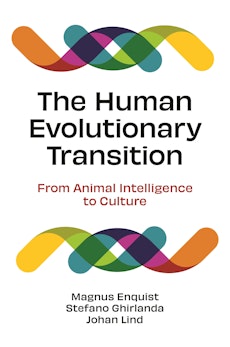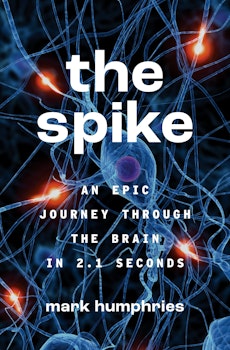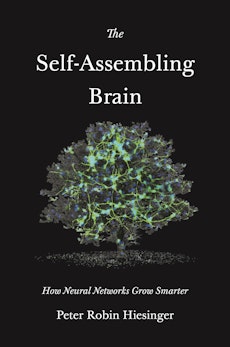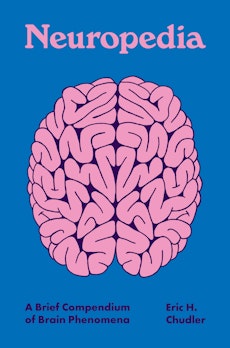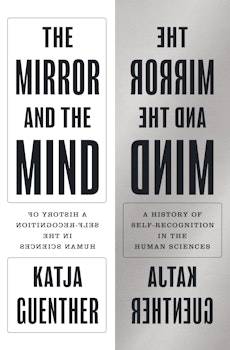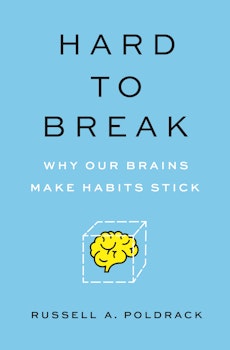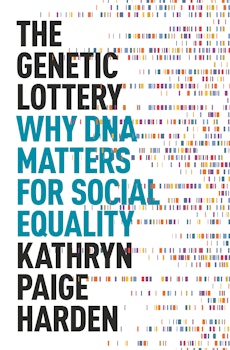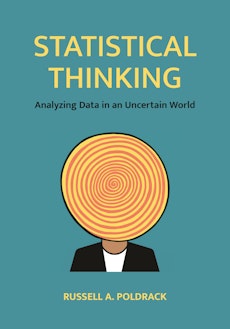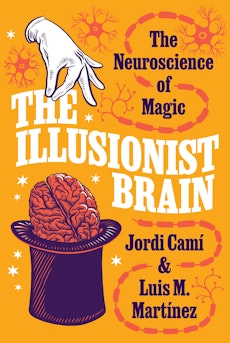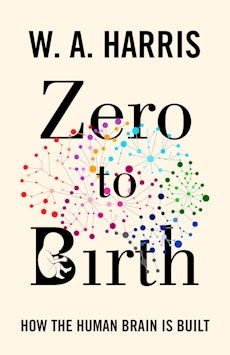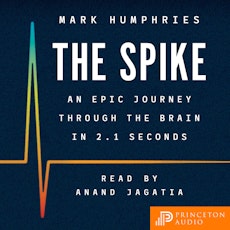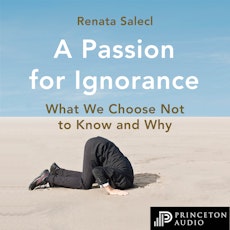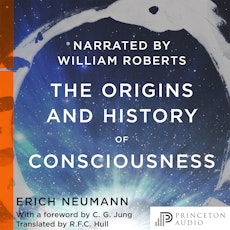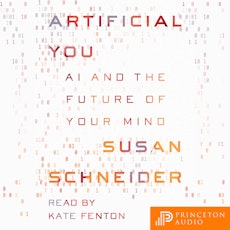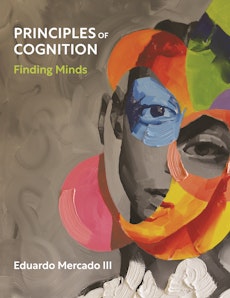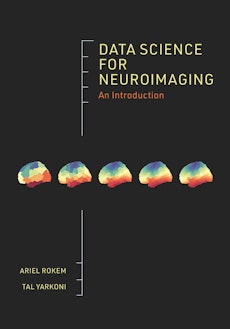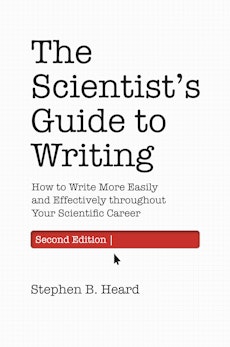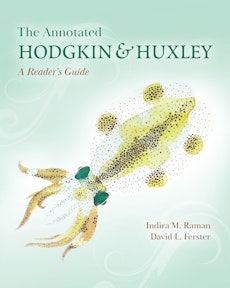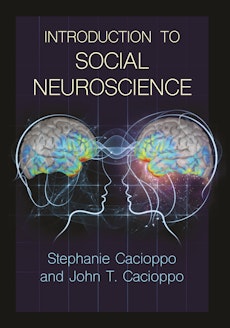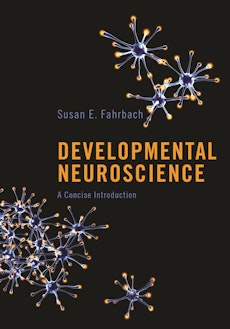Neuroscience & Psychology
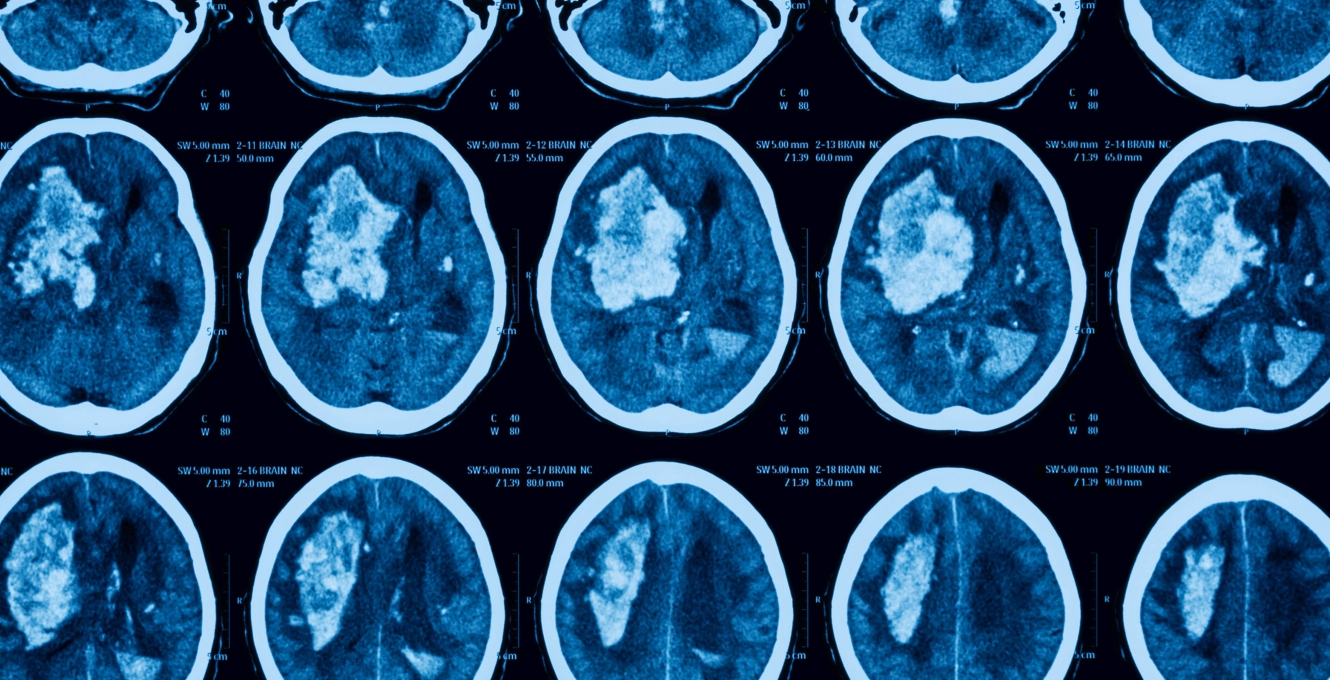
-
Hallie Stebbins
Editor, Neuroscience & Computer Science -
Ingrid Gnerlich
Publisher, Sciences, Europe
Our neuroscience and psychology list takes a broad approach to understanding how the brain and mind work, embracing explorations of the neural basis of cognition and behavior, from how emotions are generated to how we navigate our world. Reflecting the field’s interdisciplinarity, authors hail from psychology, cognitive and behavioral neuroscience, genetics, and computational neuroscience, as well as allied disciplines such as biology, physics, computer science, and economics.
Our books’ methodologies range from animal models and theory to imaging and behavioral techniques. Spanning genres, we publish monographs, textbooks, and works of popular science that introduce nonexperts to key questions and exciting research areas in brain science.
New & Noteworthy
Featured Audiobooks
Ideas
-
Books by (and for) women in STEM
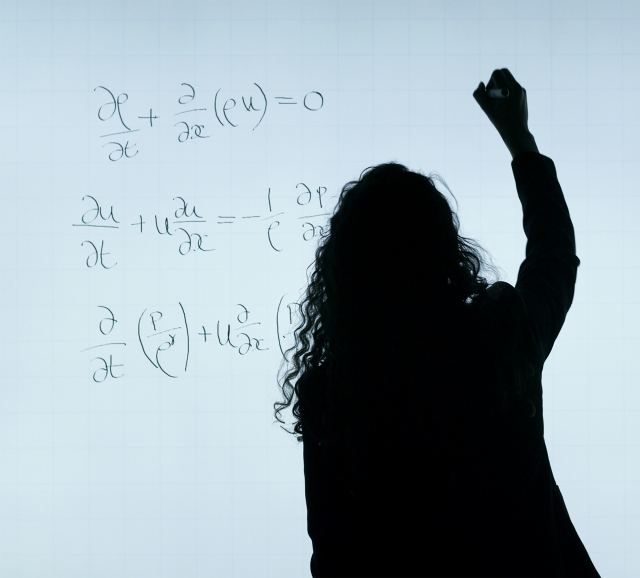
A significant gender gap has long plagued all areas of science, technology, engineering and mathematics disciplines across our global community. While progress has been made in increasing women’s participation in these areas of research and higher education, they remain under-represented in STEM fields.
-
Listen in: Free Agents
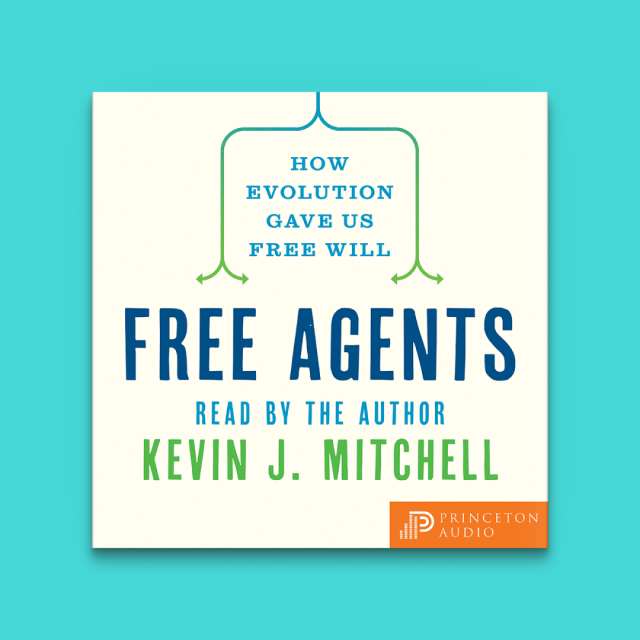
Scientists are learning more and more about how brain activity controls behavior and how neural circuits weigh alternatives and initiate actions. As we probe ever deeper into the mechanics of decision making, many conclude that agency—or free will—is an illusion.
-
How life evolved the power to choose

In recent years, more threats to our notions of agency and free will have sprung up, from diverse areas of science. If we come prewired in ways that influence our decision-making, how free can we really be?
-
Smart books for humans on artificial intelligence
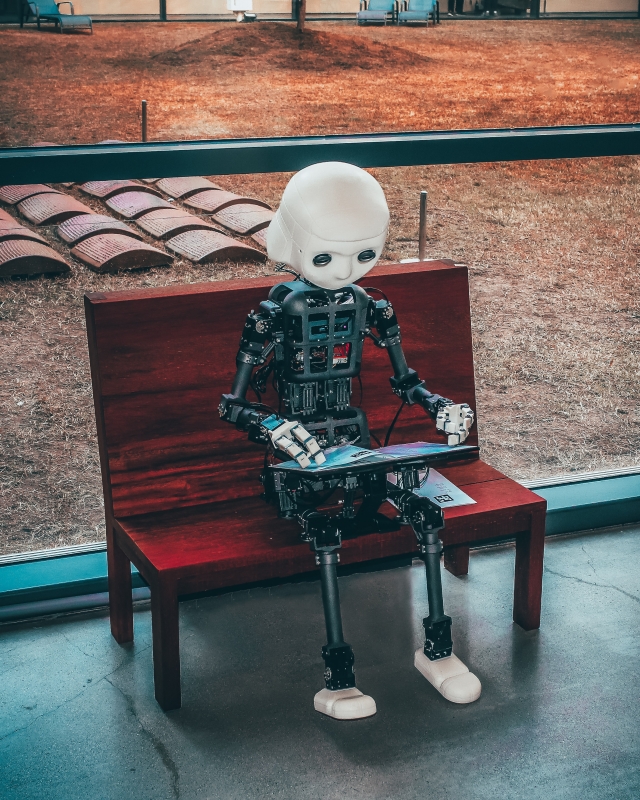
AI’s involvement in everyday life is ever-evolving, with significant implications for how we work, live, and traverse fields from education to healthcare. As this powerful technology is incorporated into more services and products that we rely upon, here are some books that can help us to embrace human agency and navigate this new digital age.
-
Free Agents
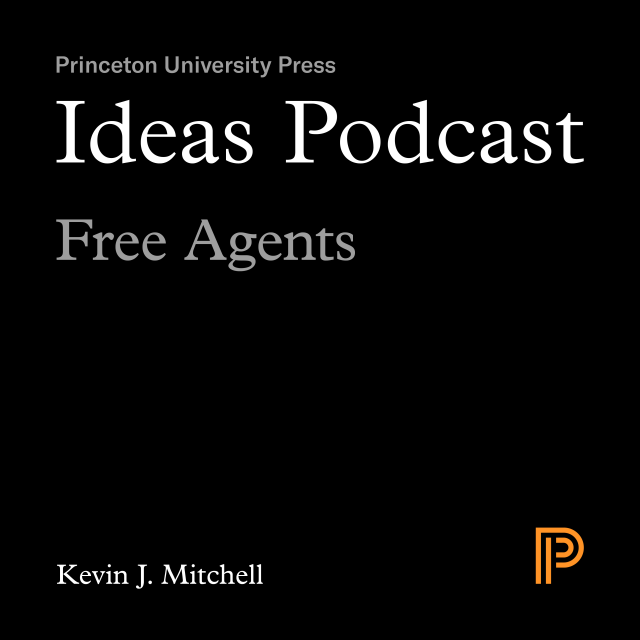
Scientists are learning more and more about how brain activity controls behavior and how neural circuits weigh alternatives and initiate actions. As we probe ever deeper into the mechanics of decision making, many conclude that agency—or free will—is an illusion.
